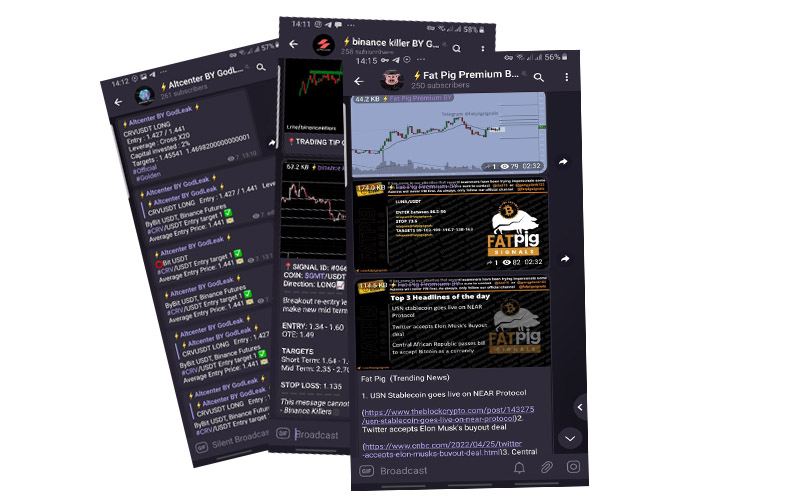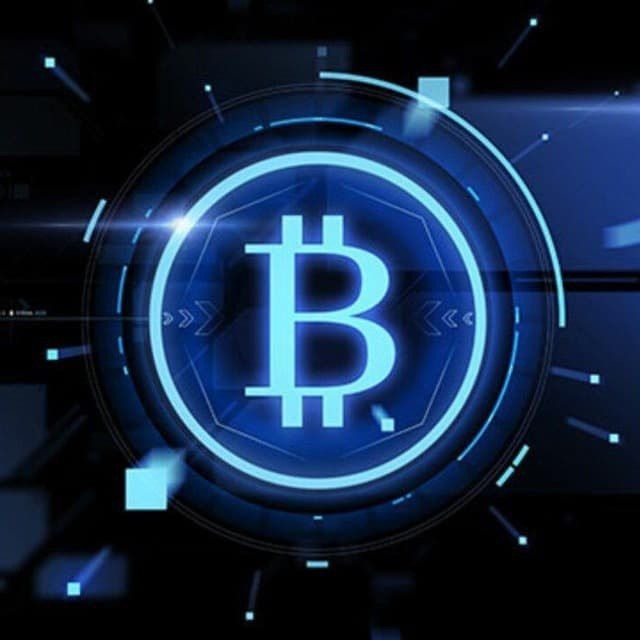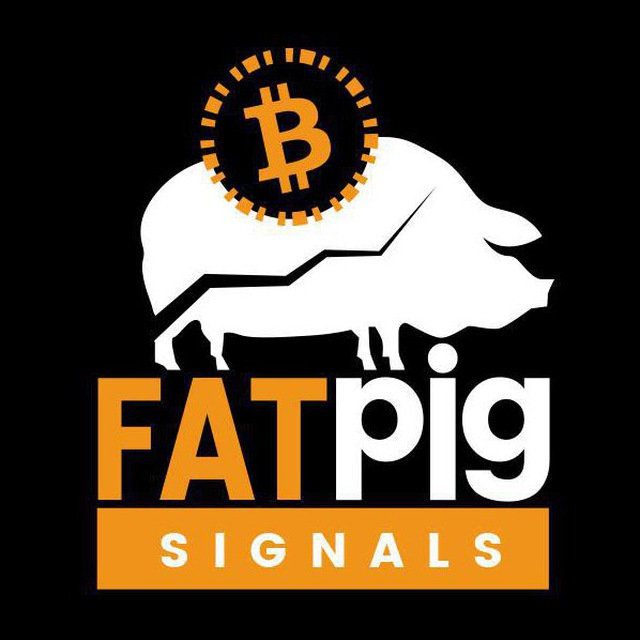Bots, airdrops push Ronin to No.2 blockchain for daily users — Not Pixels fans

Ronin network, an Ethereum sidechain that hosts Axie Infinity and other games, is experiencing a resurgence with about 1.4 million daily active users.
That puts it in second place across all blockchains, just behind Tron’s 2.2 million daily active users, according to Token Terminal.
But the Ronin network only generated the 13th highest fee revenue of all blockchains in the past 30 days with just $200,000. So something isn’t quite adding up.
The growth in user numbers is a dramatic turnaround from last October when Ronin was practically on life support with less than 20,000 daily active users.
That’s around the time when farming simulation game Pixels ditched its birthplace Polygon and migrated to the then-dying chain.
Pixels’ arrival kickstarted the revival of the network, helping push the chain to its current heights. Jeff Zirlin, the co-founder of Ronin developer Sky Mavis, recently said in March that the network is going “parabolic and exponential,” largely due to Pixels.Today, more than half of Ronin’s wallets are in Pixels, which involves in-game items, the PIXEL cryptocurrency and nonfungible tokens (NFTs).
But are those users all legit? Pixels had almost 779,000 unique active wallets on May 20, according to DappRadar.
Data from Singapore-based blockchain forensics firm ChainArgos suggests that Pixels’ high wallet count may be influenced by widespread bot activities.
The firms says the cumulative increase of daily unique Pixel recipients is “too smooth” for it to be determined as human activity, and is likely to be bots.
Get to know Godleak
Godleak crypto signal is a service which provide profitable crypto and forex signals. Godleak tried to provide you signals of best crypto channels in the world.
It means that you don’t need to buy individual crypto signal vip channels that have expensive prices. We bought all for you and provide you the signals with bot on telegram without even a second of delay.

Godleak crypto leak service have multiple advantages in comparision with other services:
- Providing signal of +160 best crypto vip channels in the world
- Using high tech bot to forward signals
- Without even a second of delay
- Joining in +160 separated channels on telegram
- 1 month, 3 months , 6 months and yearly plans
- Also we have trial to test our services before you pay for anything
For joining Godleak and get more information about us only need to follow godleak bot on telegram and can have access to our free vip channels. click on link bellow and press start button to see all features
Join for Free
☟☟☟☟☟
https://t.me/Godleakbot
Also you can check the list of available vip signal channels in the bot. by pressing Channels button.
The game developers admit this is a problem and have been conducting regular bans to remove accounts engaging in bot behaviors. Pixels recently announced that it had banned 750,000 accounts in a single week.
To be fair, proponents say the game has a “huge” numbers of human players too, accounting for perhaps a third of the total. And as with Axie Infinity, some players located in the Philippines are making a decent daily wage by owning land in the game.
Jonathan Reiter, co-founder of ChainArgos, has taken a close look at the activity data and tells Magazine that even with the bots, the narrative that Pixels is driving Ronin to ever greater heights is overstated.
Reiter says uneconomic activity related to the SOUL airdropped SOUL is actually much higher than activity related to Pixels. On May 21, the Ronin network had eight times more SOUL transactions than PIXEL.
“I first looked at this because I heard a claim about Ronin being a heavily used blockchain, and it was not something that had come up often,” Reiter tells Magazine.
“It was readily apparent that the activity was not from the project that was claimed.”
Ronin and its developer Sky Mavis did not respond to Magazine’s request to comment.
A blockchain with a lot of SOUL
ChainArgos data shows that Pixel’s setting up shop on Ronin in October last year was accompanied by an increase in activity.
The number of unique transactions related to BERRY, the former in-game token of Pixels, immediately surged following the migration, debuting with around 4,700 transactions on Halloween day.
It didn’t take long for BERRY transactions to outpace SLP, Axie Infinity’s main in-game currency.
BERRY transactions were then replaced by PIXEL transactions, as the former was phased out by developers.
But transaction spikes for the tokens associated with Pixels do not correspond to major spikes in the Ronin blockchain’s activity, including one in mid-December, suggesting that another project may be moving the needle.
SOUL, a token related to data-sharing project Carv, stands out as the more likely candidate responsible for Ronin’s rising transaction count. The project allows firms and gamers to share data and monetize it.
It raised $10 million in Series A funding round, adding on to a 2022 seed round that included the venture capital arm of Singapore-backed wealth fun Temasek, that reportedly pushed the project’s valuation to $40 million.
From mid-December, in line with the surge in Ronin activity, Carv launched its SOUL airdrops. SOUL tokens started moving out of a single null wallet address to hundreds of thousands of different wallets.
Its airdrop campaign is not a usual one-off distribution. Rather, participants must connect their wallets or online accounts (like Google and Facebook) and share personal data. They’re awarded daily SOUL as rewards. Users can receive 10 SOUL per day for connecting their Ronin wallets.
Carv’s website says that users who accumulate SOUL can convert it for utility token CARV when the new tokens are generated. As of May 24, users can still participate in data sharing.
There are more SOUL transactions than that of other major tokens on Ronin, including PIXEL.
On May 21, the Ronin network had 387,500 SOUL transactions and 47,000 PIXEL transactions.
Reiter argues that SOUL transactions don’t reflect sound economic activity, as the thousands of addresses that received SOUL tokens on Ronin “never did anything with it” so far.
If it turns out that somebody can sell it for a whole bunch of money and go buy whatever services for it in the future, have a good time. But it looks a lot more like it was airdropped to a large number of dormant addresses. That’s not economic activity.”
Although Ronin is listed as the second-most active network, its network fees don’t support this rank. It generated less than $200,000 in the 30 days leading to May 22, suggesting low economic activities.
Bots are ruining it for real players
The high number of bots in Pixels game isn’t something that its founder, Luke Barwikowski shies away from.
Bot activity is apparent in most online platforms, including social media. In gaming, bot activity is usually considered cheating, and often results in punishments like permanent bans. But users often return with a new bot army under different accounts.
Pixels can be a particularly attractive platform for sybil and bot activities due to direct financial incentives tied with playing the game.
In an X Spaces session in April, Barwikowski said that the battle against bots became more apparent after the game’s BERRY tokens launched.

Pixels did not respond to Magazine’s request for comment, but the topic of bots is one that Barwikowski regularly talks about in his AMA sessions. He frequently warns players that those using extensions related to automation to obtain an unfair advantage against other players will get banned.
DappRadar data on active addresses show that bot bans may have only temporary effects, as sudden drops in active wallets quickly rebound.
“Fewer bots means more rewards to real people,” Can Picak, CEO of Eldarune, a Web3 gaming studio, tells Magazine.
Picak, who hasn’t logged in to Pixels in about three months, estimates that about 70% of the accounts in the game are bots.
“But even if 70%, or even 90%, of them are bots, the number of real users playing daily is huge,” Picak tells Magazine.
It’s a reliable income source for some
The crackdowns on bots have also caught some grinders and players in the crossfire. Several players took to social platforms to complain that they got banned.
This shows that while Pixel has a bot issue, it’s far from being an android-ran ghost town.
The game has become a “legitimate side hustle” for players, especially for those who own an NFT land, according to Joniel Bon, co-founder of Philippines internet cafe for crypto games, NFT X Street.

Land owners can open their plots to the public to allow players to farm and gather materials and resources, which can ultimately be used to forge items and sell them for PIXEL tokens.
By doing so, they can receive commission.
“I don’t have much time to grind, so I let the community grind on my land and I get commission there,” Bon says.
Bon estimates that as a landowner, he earns about $11 a day (₱640), slightly more than the daily minimum wage in the capital region of the Philippines as reported by the local labor department. Business-minded gamers like Bon can have numerous revenue streams across multiple games.

He purchased his land NFT about a year ago for about $2,500 Ether, which he can also flip for profit. Bon says he currently has no plans to sell his land.
The floor price for a Pixels farm land NFT as of May 23 is 1.39 Ether, or about $5,400, according to CoinGecko.
So while Ronin’s No.2 blockchain for daily users status evaporates the closer you look at it, thanks to bots and the SOUL airdrop, a sizeable number of humans appear to play the game too, and it can become profitable for those who grind on the virtual farm.








